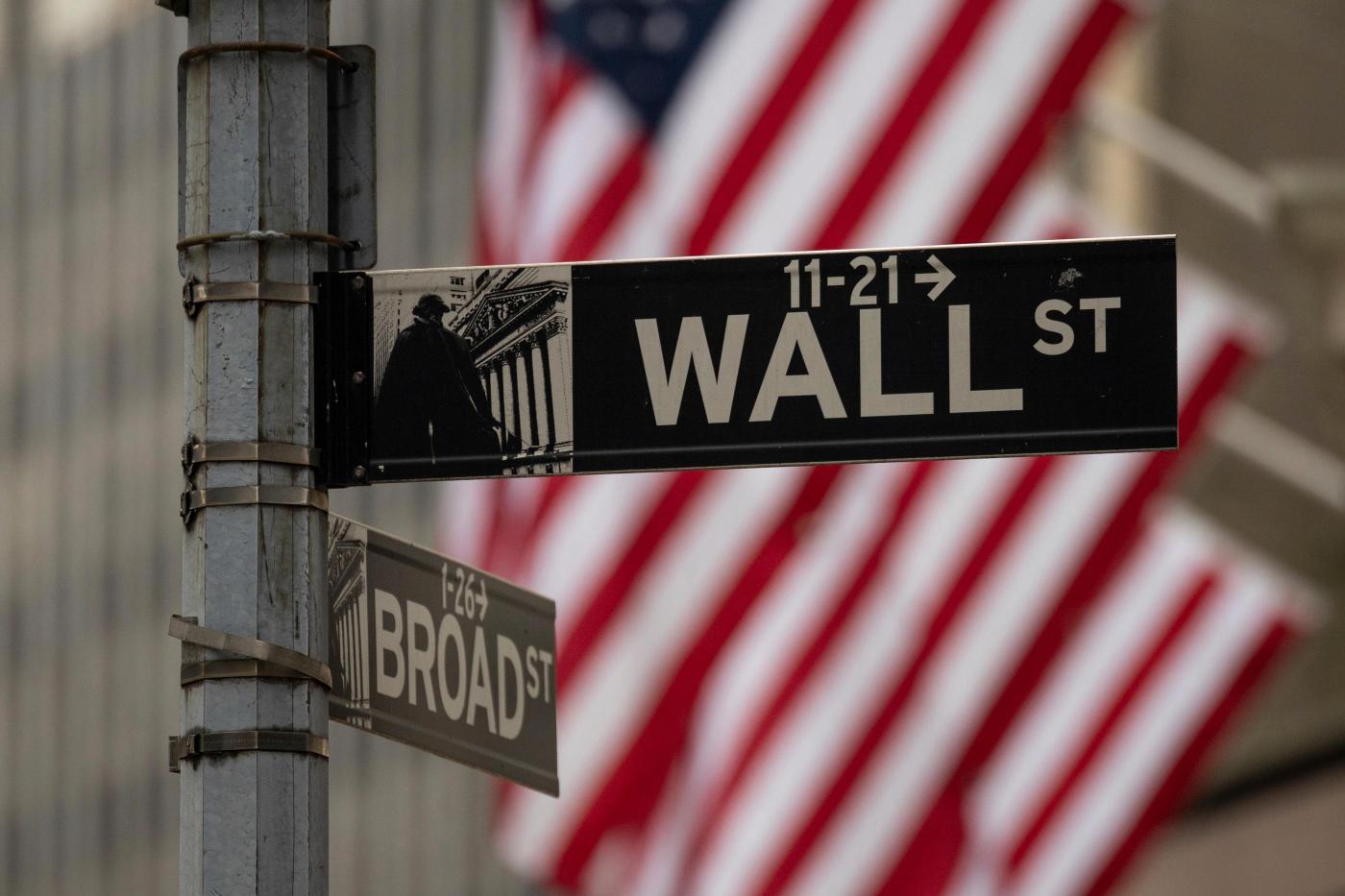
(Bloomberg/Anthony Hughes) — Figma Inc.’s record-breaking debut gains are cooling, but they have still handed a windfall to investors including the select institutions that were able to get their hands on the IPO shares, sparking debate over whether the stock was priced too low. Behind the scenes, the desire to court long-term investors influenced the outcome.
The stock’s 250% jump in its debut session — the biggest ever first-day pop from a $1 billion-plus US IPO — meant the company and the selling shareholders effectively handed over more than $3.5 billion of value to investors that were able to get shares.
Shares of Figma fell 20.7% to $96.73 each on Monday as of 11:31 a.m., giving the company a fully diluted value of over $55 billion. Even after the pull-back, the stock trades nearly three times above its IPO price, with trading valuing the company at more than 50 times its forward sales, according to Bloomberg calculations.
Related Articles
Electric vehicle sales in California sputter
As AI power needs surge, a Bay Area data center bets on hydrogen as a sustainable alternative
States pass privacy laws to protect brain data collected by devices
Economic upswing sprouts on multiple fronts in downtown San Jose, report shows
SAP to buy San Francisco-based HR software firm SmartRecruiters
Figma and the banks considered pricing the shares above the ultimate $33 per share set in the IPO, according to a person familiar with the matter. In the end, Dylan Field, Figma’s co-founder and chief executive officer, wanted to bring on board certain long-term institutional shareholders, and Field signed off on the final $33 price, the person said, asking not to be identified as the information isn’t public.
A Figma spokesperson declined to comment. Field didn’t immediately respond to a request for comment via his LinkedIn. Representatives for the lead banks on the deal, Morgan Stanley, Goldman Sachs Group Inc., Allen & Co. and JPMorgan Chase & Co., declined to comment.
With shares oversubscribed by more than 40 times, a blockbuster debut was by no means unpredictable. Had Figma and Field opted for a higher price, however, some institutional investors may not have been willing to buy the shares.
Firms with a long-term investment strategy often base their view of the stock on fundamentals, and determine their price expectations in reference to the valuations of comparable software firms. These investors are typically the most coveted backers in a first-time share sale, as they tend to bring price stability.
The banks pitched Figma’s IPO valuation in line with highly valued software companies such as Snowflake Inc. and Datadog Inc. that trade at forward enterprise value to sales multiples ranging from 10 to 15 times, according to data compiled by Bloomberg.
Silicon Valley venture capitalist Bill Gurley, general partner of Benchmark, was among the most vocal critics of the pricing. Figma’s day-one pop highlighted the “gross inefficiency in the modern IPO process,” he wrote Thursday in a post on X. A frequent commentator on the phenomenon, Gurley has long advocated for companies to pursue direct listings – raising no money and letting the market determine the share price — to avoid leaving large sums on the table. Gurley wasn’t listed as a shareholder in Figma’s filings.
Several factors contributed to Figma’s IPO surge. During the process of gathering orders for stock, the banks asked for investors to submit a specific number of shares at a specific price, rather than market orders, Bloomberg News has reported – a method providing more detailed information on the prices that investors were prepared to pay.
Another clear contributor to Figma’s outsized pop was the size of the offering. The number of shares sold, including the over-allotment shares, represented just 7% of the outstanding stock, a relatively small amount though not unheard of among hot tech IPOs.
That may have left retail investors largely empty-handed. In social media posts, several users complained that after putting in orders with Robinhood Markets Inc., they received only one Figma share each. A representative for Robinhood said in response to a query from Bloomberg that the company distributes shares based on supply, optimizing to give as many people access as possible.
Ultimately, Figma’s challenge in satisfying the competing interests in the IPO was a good problem to have, said Matt Sperling, chairman of capital markets at Tigress Financial Partners.
“Arguably, the right fiduciary decision is what the company did,” Sperling said. “Namely, push price far enough to ensure you will have high-quality owners in your register, knowing there will be a pop that ultimately also attracts strong PR for the company as well, about how great the IPO was.”
More stories like this are available on bloomberg.com
©2025 Bloomberg L.P.